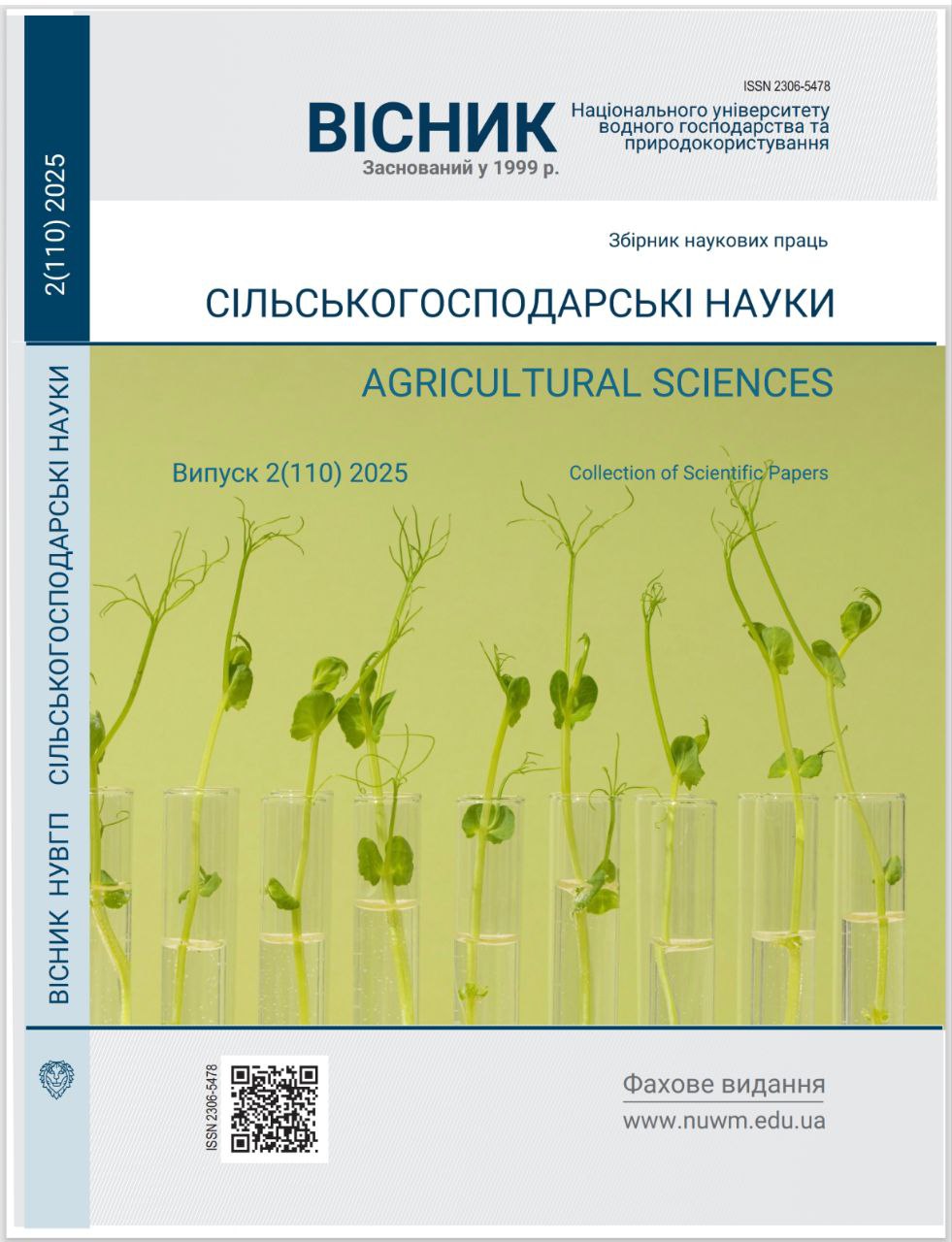SCIENTIFIC AND METHODOLOGICAL ASPECTS OF AGRICULTURAL LANDS AGROCHEMICAL PASPORTIZATION
DOI:
https://doi.org/10.31713/vs2202511Keywords:
agrochemical passportization, mass (geographic) field experiment, scientific agronomyAbstract
The commonly methodological, and scientifically methodological aspects of agrochemical passportization were analyzed. It was proved, that, in accordance to the methodological features, the agrochemical passportization is a multi-factorial, massive (geographical), agroproductional, long-term field experiment. Technically, agrochemical passportization is an agrotechnology element, which is connected with fertilizers and meliorants application, certain crop-rotations implementation. Legally, the passportization was initiated for the estimation agro-productional activities affect, on the soil condition, from the ecological legacy point of view. The specificity of agrochemical certification, as a field study, consists in complexity of the factor (“productional activity”) being studied; and also – in the application peculiarities of the single difference principle. Other peculiarities conclude the conditions of the experiment: after the place – productionconditioned, after the coverage – the massive or the geographical. The massive scale of research allows us to extract scientific data without variations comparison, and certainly without replications. Such data make it possible to evaluate the effect of agro-productional activity in the scale of village council, or on the comparable in size agricultural farm (3–5 thousand hectares). However, the analysis of changes in the separate field will require adaptation of the principle of a single diversity entirely to the conditions of patterns sampling. To address this issue, it is proposed to determine and establish the value of the minimum difference between the previous and current values, which (change) will already be considered significant from the point of view of agroecological assessment.Downloads
Published
2025-11-13
Issue
Section
Articles

